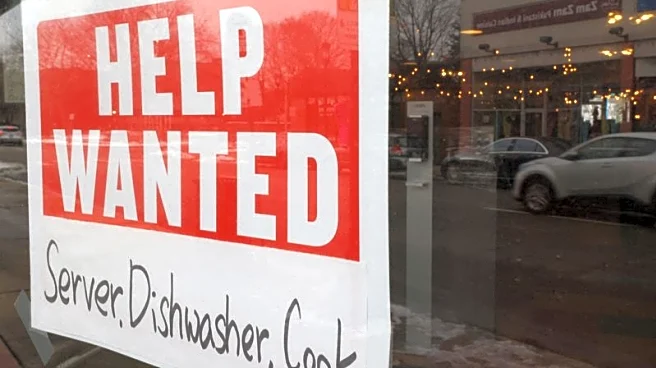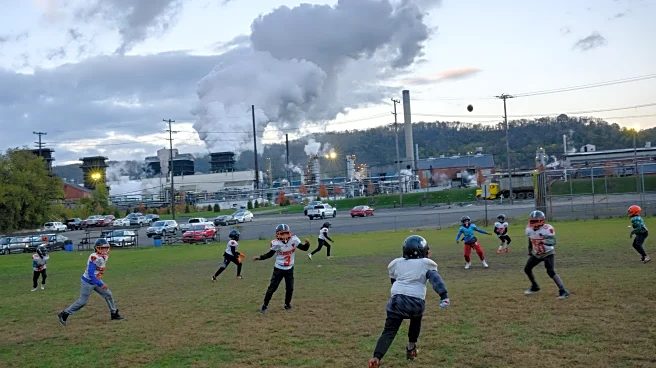What's Happening?
In 1971, Silvana Clark faced the prospect of dropping out of college due to financial constraints. After her parents moved to another state without providing financial support, Clark was left to manage her expenses independently. Her high school drama teacher, George Meshke, who had recently joined a community college, encouraged her to enroll there. Despite enjoying her first semester, Clark realized she could not afford the tuition for the next semester. Upon informing Meshke of her situation, he surprised her by securing a drama scholarship that covered her tuition. Later, Clark discovered that the scholarship was a fabrication by Meshke, who had personally paid for her education. This act of kindness allowed Clark to continue her studies, work part-time jobs, and eventually graduate.
Why It's Important?
This story highlights the significant impact that individual acts of kindness can have on a person's life trajectory. Meshke's intervention not only enabled Clark to continue her education but also set her on a path to financial independence and personal growth. In a broader context, this underscores the importance of support systems in education, particularly for students facing economic hardships. It raises awareness about the challenges many students face and the potential for educators and mentors to make a difference. Such stories can inspire educational institutions to develop more robust support mechanisms for students in need, potentially influencing public policy on educational funding and scholarships.
What's Next?
While the story is historical, it suggests ongoing implications for educational support systems. Institutions may consider formalizing similar support structures to assist students facing financial difficulties. This could involve creating emergency funds or scholarships funded by alumni or community donations. Additionally, educators might be encouraged to identify and support students in need, fostering a culture of mentorship and assistance. The story could also inspire individuals to contribute to educational charities or volunteer as mentors, further expanding the network of support available to students.
Beyond the Headlines
The ethical dimension of Meshke's actions raises questions about the lengths to which educators might go to support their students. While his actions were benevolent, they also involved deception regarding the existence of a scholarship. This highlights the complexities educators face when trying to assist students within institutional constraints. It also reflects broader societal issues regarding access to education and the disparities that exist based on economic background. Long-term, such stories could influence cultural attitudes towards philanthropy and community support in education.











